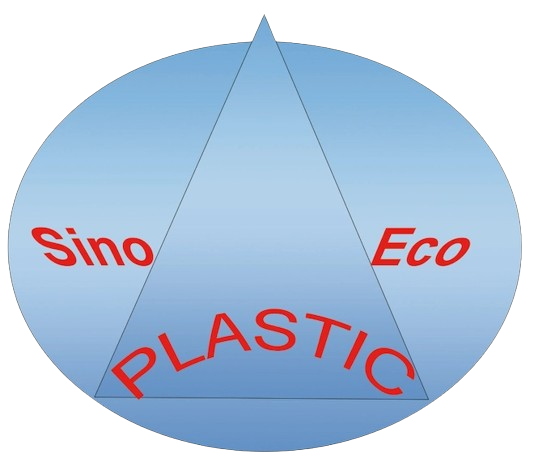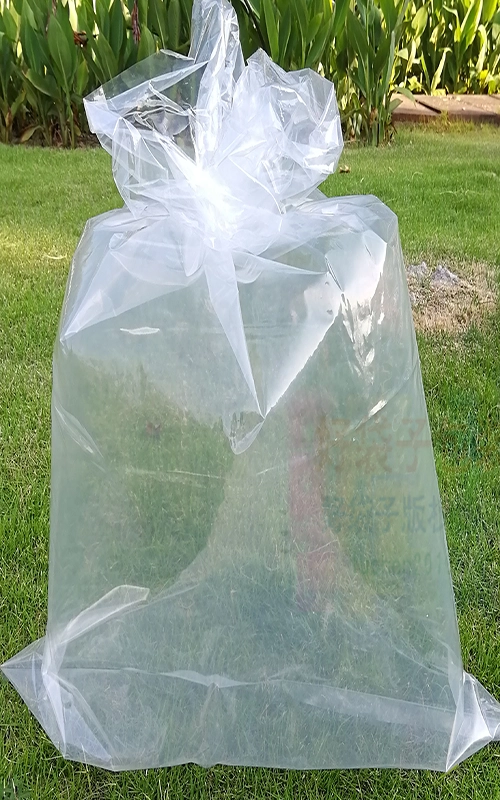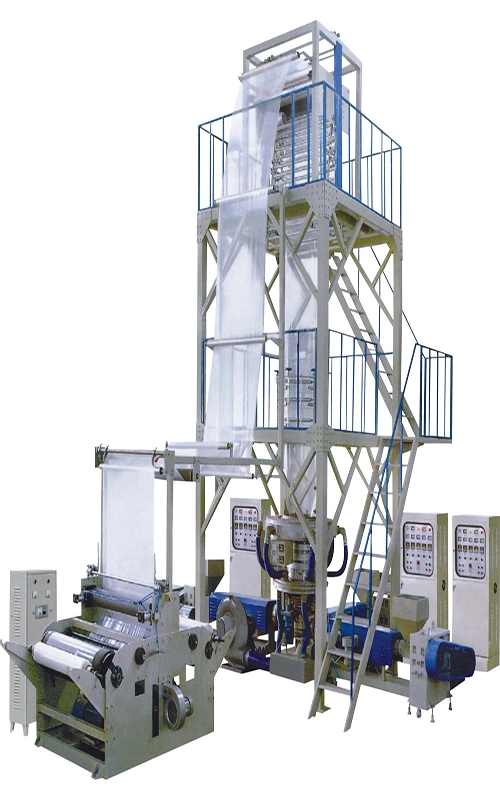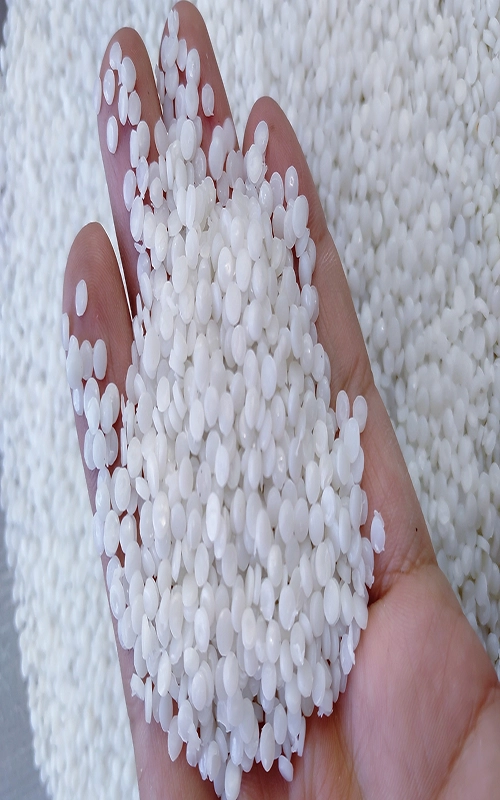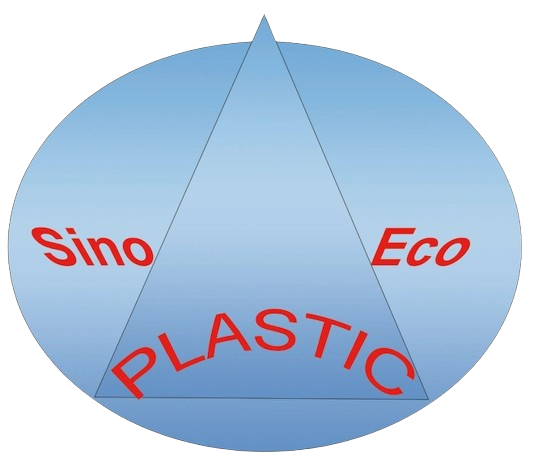Transforming a Traditional Workshop into a Standardized Production Facility
Introduction
Many enterprises start their journey with small-scale production workshops, but as the market evolves and their capabilities grow, transitioning from a workshop-based production model to a standardized factory setup becomes a crucial step. This transition often poses significant challenges, with many businesses either struggling through the process or successfully crossing this critical threshold. At SINO ECO PLASTIC, leveraging our extensive market and production experience, we assist companies in navigating this transformation seamlessly.
The Challenge: Liu’s Traditional Plastic Bag Production
Mr. Liu’s company, based in Sichuan, is a traditional plastic bag manufacturer specializing primarily in mainstream products like vest bags and flat bags. Initially, the production setup comprised five blown film extruders, one single-channel hot-cutting machine, one dual-channel high-speed hot-cutting machine, and a semi-automatic mixing machine. The labor force consisted mainly of family members.
However, with changing market dynamics and an increasing demand for more advanced products, Mr. Liu faced the challenge of modernizing his production capabilities. The company was considering installing a new ABA co-extrusion blown film machine but was unsure how to handle the existing machinery.
The Solution: SINO ECO PLASTIC’s Comprehensive Modernization Plan
To address Mr. Liu’s needs, SINO ECO PLASTIC devised a systematic modernization plan tailored to both optimize existing resources and integrate new technology. The plan focused on maintaining and upgrading current machinery while incorporating new equipment to enhance overall production efficiency.
- Maintenance and Repurposing of Existing Equipment:
- The three older blown film extruders were designated for maintenance and refurbishment. These machines, though outdated, could still be utilized for producing smaller-sized bags, which remained a niche market segment.
- The single-screw high-speed blown film machine, installed within the last two years, was identified as having potential for modification to meet current production standards.
- Upgrading to ABA Co-Extrusion Technology:
- Two of the high-speed single-screw blown film machines were earmarked for conversion into ABA co-extrusion blown film machines. This upgrade would enable the production of multi-layered films, offering improved product quality and expanded market capabilities.
- Acquisition of New Equipment:
- Based on market analysis and production needs, the plan included purchasing two new high-speed single-screw blown film machines and two additional ABA co-extrusion blown film machines. This investment would significantly boost production capacity and product versatility.
- A new dual-channel high-speed hot-cutting machine with an automatic material collection system was also part of the upgrade. This addition would streamline the cutting process and enhance efficiency.
- The update also involved acquiring new auxiliary equipment, including an upgraded air compressor, mixing machine, and a centralized feeding system. Additionally, a new recycling granulator was installed to facilitate waste material recycling, contributing to a more sustainable production process.
Outcome of the Modernization:
The transformation led to remarkable improvements in production and operational efficiency. Key outcomes included:
- Increased Production Capacity: The overhaul resulted in a doubling of the company’s production output. The integration of new and upgraded equipment significantly enhanced production capabilities and efficiency.
- Enhanced Automation: The introduction of advanced machinery and automated systems reduced the need for manual labor. With the new setup, only two additional employees were needed, highlighting the effectiveness of automation in reducing labor costs and improving productivity.
- Enhanced Market Focus: With the increased efficiency and capacity, Mr. Liu could allocate more time and resources to market expansion and business development, allowing for greater focus on growth opportunities and strategic planning.
- Sustainability Improvements: The implementation of a recycling granulator contributed to waste material recycling, aligning with environmental sustainability goals and reducing production waste.
Conclusion
The successful transformation of Mr. Liu’s plastic bag production setup from a traditional workshop to a standardized factory exemplifies the impactful role of strategic modernization. By combining the maintenance and upgrading of existing machinery with the acquisition of advanced equipment, SINO ECO PLASTIC facilitated a significant leap in production efficiency and capacity.
This case study underscores the importance of a well-structured modernization plan in overcoming the challenges of scaling up production. SINO ECO PLASTIC’s expertise in guiding businesses through this critical transition demonstrates our commitment to helping clients achieve operational excellence and market competitiveness.
